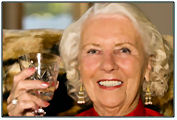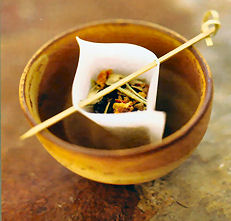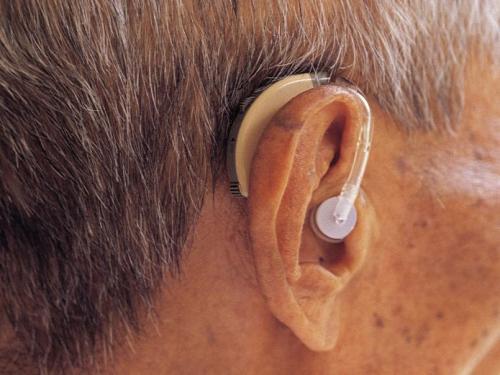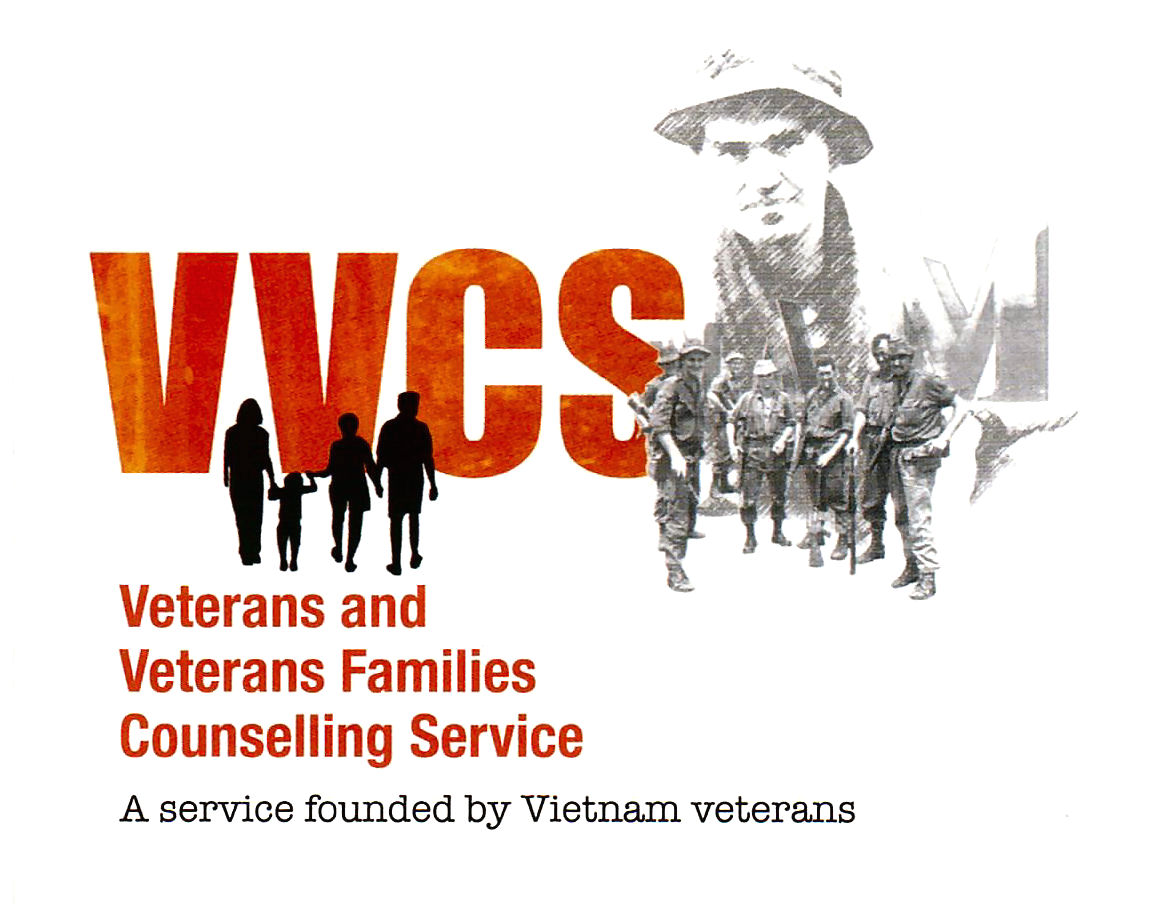|
Radschool Association Magazine - Vol 37 Page 11 |
|
Privacy Policy | Editorial Policy | Profit Policy | Join the Association | List of Members | Contact us | Index | Links |
|
Health and Life style. |
|
|
|
13 Reasons it’s “Unlucky to be A Man”. Most people don’t see the inequality and discrimination that men and boys face on a daily basis.
1. LIFE EXPECTANCY. From the moment they are born, boys all over the world are destined to live shorter lives than girls yet women’s health issues and projects receive more government support than those associated with males. Nature assists women. Female hormones do more than simply alter moods, they possess properties that can help to protect some women who haven’t yet reached menopause from heart disease, which is the leading cause of death in Australia. The average life expectancy for an Australian man is 79.2 years, (ABS) and for an Australian woman, it’s 83.7 years.
2. EDUCATION. Boys underperform girls at every stage of education and are less likely to attend university.
3. EMPLOYMENT. In general men do more paid work than women. They work longer hours, take less time off sick, throw less sickies and when they are out of work, men are three times more likely to be on Newstart Allowance and looking for work. Men are 50% more likely to work full-time, three times more likely to be self-employed and when they have children, mums are four times more likely to not be working than dads.
4. SOCIAL DIVIDE. While more men than women work and are looking for work, they are massively under-represented in the public service. The majority of education, childcare, health and social care staff are female, while the majority of people who do badly in education, die young and end up in care are men and boys. This results in the public service being less capable of serving men and boys. This is a particularly worrying state of affairs for boys who are far less likely than girls to grow up around same sex role models and mentors.
5. WORK LIFE CHOICES. Men have a narrower selection of work life choices than women. Male graduates are now 50% more likely to be unemployed than women and on average, women now earn more than men in their twenties and that the big difference in men and women’s average earnings kicks in when they become parents and prioritise their children with one parent (usually mum) working less while the other parent (usually dad) works more. Dads are twice as likely as mums to feel that they spend too little time with their children.
6. VIOLENCE. Men and boys are twice as likely to be victims of violence than women and girls and 40% of victims of domestic violence are men. There is a well established service for female victims of domestic violence but no equivalent service for male victims. 41% of male victims tell no-one about the abuse they experience and are twice as likely to keep it to themselves as women. Girls are 11 times more likely to agree that it is OK for a woman to hit her partner who is nagging or arguing (when compared to their attitude to men hitting women for the same reason).
7. AVOIDABLE DEATH. Men are more likely to die from all manner of avoidable deaths, four times more likely to commit suicide, more likely to be killed in a car accident, more likely to be suffering with a serious undiagnosed illness and are much more likely to be killed at work.
8. FATHERS’ RIGHTS. In Australia, although the term "child custody" has been deleted from the legal vernacular, it is still the most common term used to describe family law matters relating to children. The act now refers to "lives with" as a reference to the primary parent, and "spends time with" as a reference to the old non-custodial parent. More than four out of five children from separated couples are primarily resident with their mother. Fathers are double losers: they do not 'gain' custody of their children and they 'lose' the power to withhold support for their offspring while being forced to forgo a significant proportion of their income.
9. MENTAL HEALTH. Australian men are more likely to have serious health problems than Australian women. The poor health status of men may be caused by men's attitude to their masculinity and how they express it. Social factors, like unemployment and their ignorance of male health issues, also plays a part. While men and women experience depression in equal numbers, women are twice as likely to be diagnosed for depression as men.
|
|
Compaq is considering changing the command "Press Any Key" to "Press Return Key" because of the flood of calls asking where the "Any" key is.
|
|
10. DRINK AND DRUGS. A study by the Cancer Council in Victoria ’s showed that 21 per cent of males in Australia smoke, compared with 18 per cent of females. The ABS reports that 15 per cent of adult males drink at dangerously high levels compared to 12 per cent of the adult female population.
11. SEXUAL HEALTH. Overall, 20.2% of men and 16.9% of women had been diagnosed with a sexually transmissible infection or blood-borne virus. National attitudes on sex have led us to suspect that all men are potential paedophiles and sex criminals. More men and boys are victims of sexual abuse than are women. More people think it is ok for women to have sex with underage boys than men to have sex with underage girls.
12. CANCER. According to the Cancer Council, half of all Australian men will be diagnosed with cancer before the age of 85. Only 30% of women will be diagnosed with cancer before the age of 85.
13. OLD AGE. Previously, women could receive the old age pension at age 60 while men had to continue to work until they were 65. This irregularity has been changed and from 2024 both men and women will not be eligible for the old age pension until they are 67 years old. While the retirement age has been equalised, men are still twice as likely to be working over age 60. Generally, the specific needs of older men are largely ignored in current services for older people.
|
|
|
|
A computer manufacturer’s technical support had a caller complaining that her mouse was hard to control with the dust cover on. The cover turned out to be the plastic bag in which the mouse was packaged.
|
|
|
|
Complimentary Medicines.
Complimentary medicines, also called traditional, herbal, natural or alternative medicines, usually contain natural ingredients many people think are safe, but they can cause side effects and they can interact with other medicines.
Complimentary medicines include herbal and homeopathic remedies and
vitamin, mineral and nutritional supplements. Herb means any part of
a plant that is traditionally used and may include the leaf, flower,
stem, root, fruit or bark of the plant. They may be used with or
instead of pharmaceutical medicines prescribed by a doctor or bought
from a pharmacy or supermarket.
Complimentary medicines sold in Australia must meet standards for quality and safety however in many cases there is very little or poor evidence to support their reported uses. The makers can only make claims about their products based on available evidence, eg: a product may claim to help relieve symptoms of arthritis but without evidence it cannot claim to treat arthritis.
Complimentary medicines need to be treated with the same care and respect as other medicines. They do have side effects and can also interact with pharmacy medicines and those prescribed by a doctor. This may stop prescribed medicines from working properly or may cause side effects.
It is important that, before buying or taking any complimentary medicine, you talk to your doctor or pharmacist if you are:
It is important that you:
|
|
A Dell customer called to say he couldn't get his computer to fax anything. After 40 minutes of troubleshooting, the technician discovered the man was trying to fax a piece of paper by holding it in front of the monitor screen and hitting the "send" key.
|
|
Hearing Problems.
If you’re an eligible Pensioner or Veteran and a little hard of hearing, the Federal Government provides a free hearing aid service for you. Special benefits are also available for self-funded retirees or people still working. AudioClinic is one company that offers free hearing checks at over 200 locations throughout Australia.
You can contact them on 1800 057 220 or check their web site www.audioclinic.com.au
Vietnam Veterans Counselling Service. (VVCS)
VVCS is a specialised, confidential service that provides nation-wide counselling and support to Australian veterans, peacekeepers, their families and eligible ADF personnel. VVCS staff are qualified professionals or social workers experienced at working with veterans, peacekeepers and their families who can provide you with information and direct support. They can help you work through issues that are directly related to your service as well as lifestyle issues that affect your health and wellbeing.
They can provide you with:
VVCS is open to:
How can they help.
Counselling can help you to communicate, understand and address a range of personal and emotional problems. These may include ongoing service-related stresses for veterans, the impact on their partners and sons and daughters, personal crisis at work or home, relationship and family issues, substance use, and other physical or emotional difficulties.
Group programs provide information, education, skills and strategies to support and improve the quality of life of veterans/ peacekeepers and their families. These programs cover a range of topics including heart health, relationships, stress and anxiety, depression and alcohol management, transitioning from the Defence Force into civilian life and more.
The WCS Legacy.
The Vietnam War was a difficult chapter in our nation's history. For those who served, the experience forged a bond that remains undiminished with the passage of time. Vietnam veterans' commitment to looking out for each other saw them successfully lobby the Australian Government for counselling and support services for veterans and their families. In 1982 the Australian Government established the Vietnam Veterans Counselling Service.
Over the years, the Australian Government extended the Vietnam Veterans Counselling Service to provide support to veterans of all conflicts, their families, and members of the Australian Defence Force. 25 years after the Vietnam Veterans Counselling Service was founded, the service was renamed VVCS — Veterans and Veterans Families Counselling Service. The new name acknowledges the heritage of the Vietnam Veterans Counselling Service and the efforts of the Vietnam veteran community in establishing the service, while also promoting the availability of this important service to the wider veteran community and their families.
How do you contact VVCS?
You can contact the VVCS by calling 1800 011 046 during business hours, this connects you to the nearest VVCS centre of which there are 15 located across Australia. Ringing after business hours you will be connected to the Veterans Line, the after-hours telephone crisis counselling service.
You can get further information from here www.dva.gov.au/health/vvcs
|
|
|
|
A Dell customer called to complain that his keyboard no longer worked. He had cleaned it by filling up his sink with soap and water and soaking the keyboard for a day, then removing all the keys and washing them individually.
|
|
|
|
Probus.
If you’re retired and at a loose end, why not look at joining Probus.
Probus originated in the U.K. in 1965. The first Probus Clubs were formed in New Zealand in 1974, and in Australia in 1976. It has filled a need for today's active retirees, so much so that the growth has been phenomenal. It is now a world-wide movement in over 22 countries.
The word PROBUS is an amalgam of the words PROfessional and BUSiness. It is an association of active retirees who join together in Clubs, the basic purpose of which is to provide regular opportunities to keep their minds active, expand their interests and enjoy the fellowship of new friends.
All Clubs are sponsored by Rotary Clubs, are self governing, but must always remain within the limits of their Constitution.
There are men's clubs, ladies clubs and combined clubs. Membership is open to anyone of good character and who has had some measure of responsibility or achievement in any field of worthy endeavour. Some Clubs place a limit on membership numbers. Consequently, it may be necessary to join a waiting list for membership until a vacancy arises. New Clubs are formed when the need becomes apparent to the local Rotary Club.
The Emphasis is on Clubs...
Activities normally fall into two parts:
Clubs, whilst self governing, are required to adhere to a basic set
of rules of operation in order to preserve their integrity and
reputation.
These rules include:
If you’re interested, you can ring them on 1800 630 488 to find your closest club or you can check their web page HERE.
|
|
Back Go to page: 1 2 3 4 5 6 7 8 9 10 11 12 13 14 15 16 17 18 19 20 Forward
|




